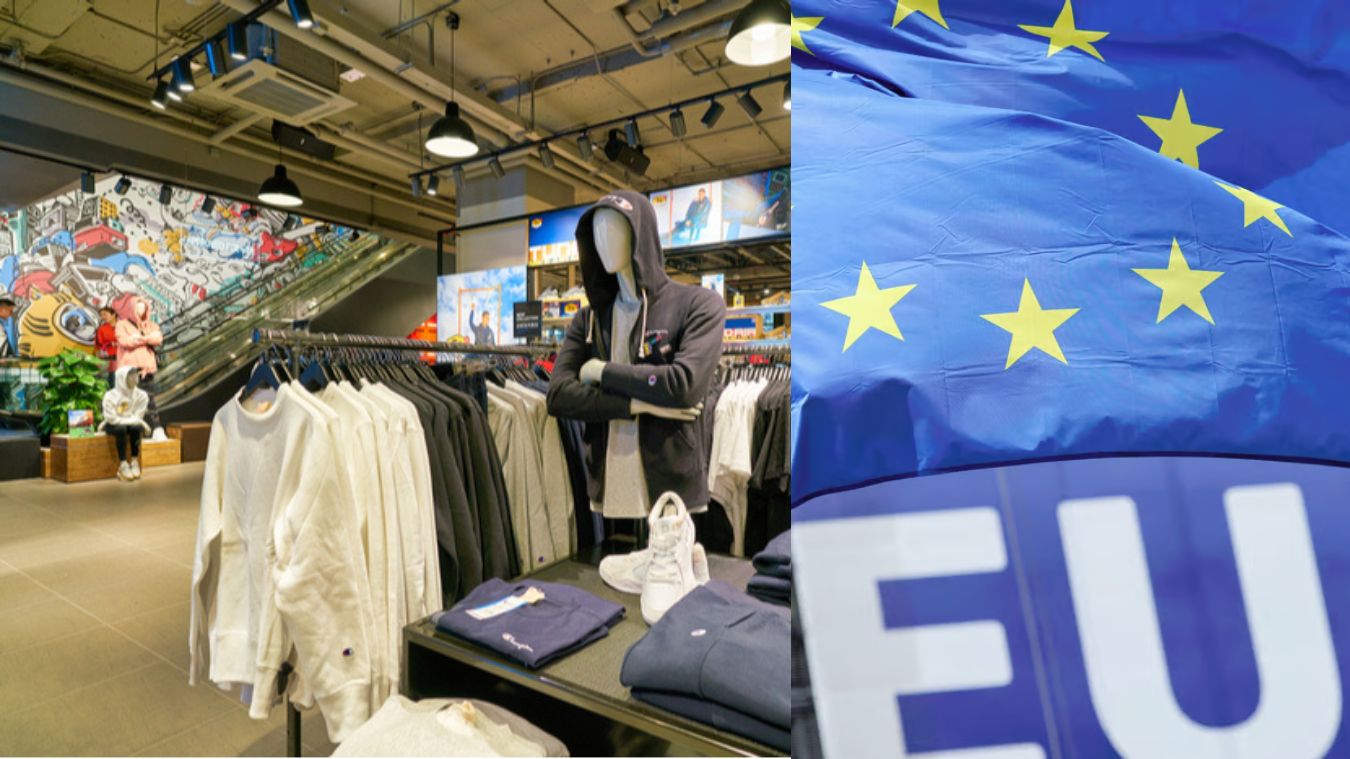UK exports of clothing and footwear to the EU have plummeted since Brexit, according to a new study revealing the significant impact of complex regulations and border red tape on businesses’ ability to send goods across the Channel.
Exports of clothing and footwear to EU countries dropped from £7.4bn in 2019 to £2.7bn in 2023, contributing to an 18% decrease in sales of all non-food goods exports to EU single market countries, as reported by consultancy Retail Economics and online marketplace Tradebyte.
The report indicated that British brands and retailers have seen a significant decline in sales to the EU since Brexit, despite a booming European e-commerce market.
The only sectors to see an increase in export sales during this period were health and beauty, and DIY and gardening, which mitigated some of the losses from clothing and footwear.
Small and medium-sized businesses were among the hardest hit, bearing a larger relative burden from red tape compared to multinational firms.
Richard Lim, head of Retail Economics and one of the report’s authors, stated that part of the decline was due to a shift in trade routes. UK firms that previously repackaged imports from Asia for sale in the EU have now restructured their supply chains by establishing offices within the single market to avoid border regulations.

However, the increased red tape has driven many UK apparel producers to relocate manufacturing to EU countries, leading to a loss of UK skills and jobs.
For instance, a Leicester-based sock manufacturer, which chose to remain unnamed, moved production to Italy, ending over 100 years of manufacturing in the East Midlands, according to Lim.
The report also suggested that the UK missed out on a surge in online goods sales in the EU since 2019.
“Online retail is estimated to add £323bn of annual sales to EU economies, but additional trade frictions caused by Brexit-related complexities are curtailing this international sales opportunity for UK-based brands and retailers,” the report stated.
Lim commented: “It is a huge opportunity for UK brands that is not being grabbed.”
He noted that last year’s spike in inflation, which increased the cost of goods for export, softened the decline in trade value with the EU.
A separate report on Tuesday by the think tank UK in a Changing Europe found that while exports of goods had decreased, services exports had risen by nearly 30% compared to February 2020.
It noted that analysis of recent official figures showed the UK’s services trade “has not only bounced back swiftly after the pandemic, but also exceeded pre-pandemic levels by the latter half of 2022.”

It added: “This growth has been driven by ‘a boom’ in the UK’s trade in business services. This sector, which includes legal services and consultancies, has now overtaken manufacturing and transport equipment (including cars) to be the UK’s largest export sector.”
The UK’s exports of services remained resilient from 2020 to 2023, while services exports from France and Germany declined.
The report said it was unclear why UK services firms had increased sales, as they were largely unaffected by Brexit rule changes.
Rain Newton-Smith, head of the CBI, suggested reviewing the UK’s trading relationship as she outlined the business lobby group’s wishlist ahead of the 4 July general election.
Newton-Smith advocated for a “bold pitch” to international investors and recommended that Britain and the EU use the 2026 review of their trade deal to improve and minimize trading frictions impacting businesses.
Labour leader Keir Starmer has indicated he would align with the EU on food and agricultural products if he becomes prime minister but has ruled out rejoining the single market or permitting freedom of movement between Britain and the EU.






Leave a Reply